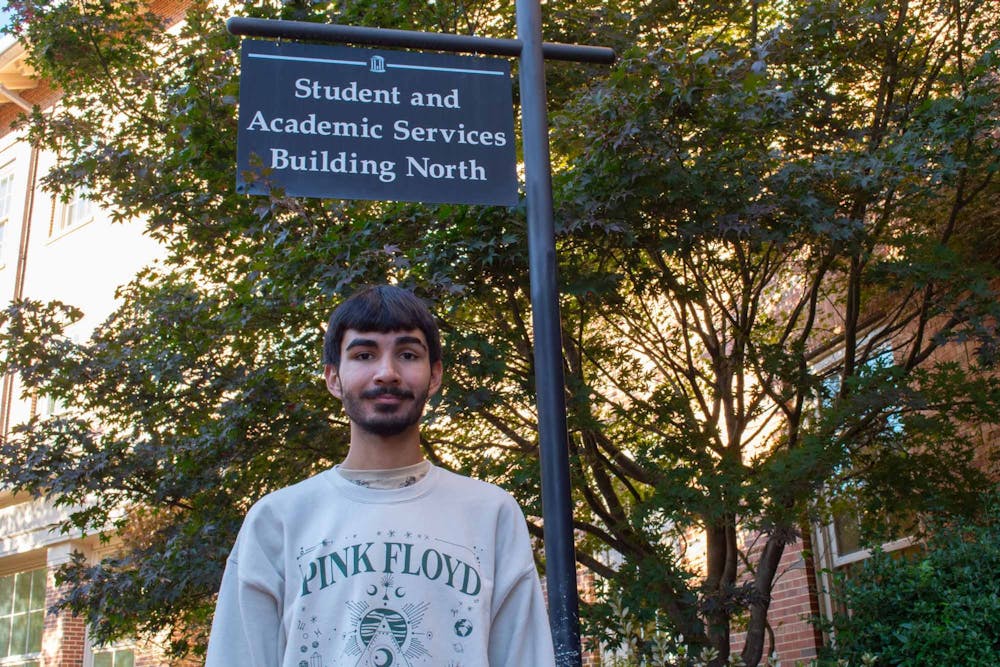First-year student and first-generation college student Jomar Ponce Gamez said he joined several Hispanic student organizations during Small Fest, in hopes of connecting with other first-generation students on campus.
“When I'm with another first-gen student, I feel like I'm not figuring it out on my own,” Ponce Gamez said. “Instead, I'm figuring it out with somebody else.”
UNC was recently reaffirmed as a First-gen Forward institution by the Center for First-generation Student Success. In 2019, UNC-Chapel Hill was part of the first cohort of institutions named by the center.
The University was selected as one of nine advisory institutions to serve in a leadership role. In this role, the University served as a model to other institutions for its commitment to the advancement of first-generation students.
Despite this recognition, some first-generation students at UNC feel resources for them are not well advertised enough.
Andrea Lopez is a first-year student whose parents immigrated to the United States from Mexico. Since she got to UNC, Lopez said she had to seek out resources for first-generation college students.
“I know [the University's] resources are here," she said. "I think they should just be more out there and be given as soon as students get here."
Ponce Gamez also said he thought resources for first-gen students weren’t "the most accessible" when he arrived at UNC, and that an orientation event specifically for first-year first-generation students would be “insanely helpful.”
“It genuinely feels at times like everybody already knows what they're doing, I think because they had a ‘pre-round’ to all of this,” Ponce Gamez said. "Since I didn't, I'm just here figuring out as much stuff as I possibly can as fast as I can."




